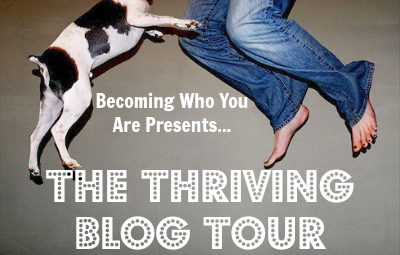 Today’s post is part of a blog tour with Becoming Who You Are, run by Hannah Braime, whose work I admire greatly. In it I talk about my experience of depression and what differences I established in my life that mean I don’t get ill any more. I don’t often talk about this, but it’s a deeply significant part of why I do what I do now. And if it gives hope or comfort to just one person, I consider it worth saying.
Today’s post is part of a blog tour with Becoming Who You Are, run by Hannah Braime, whose work I admire greatly. In it I talk about my experience of depression and what differences I established in my life that mean I don’t get ill any more. I don’t often talk about this, but it’s a deeply significant part of why I do what I do now. And if it gives hope or comfort to just one person, I consider it worth saying.
“From Coping to Thriving is a six-week journey that will teach you how to turn your coping strategies into self-caring behaviours, leaving behind struggle and learning to thrive. This post is part of the Thriving Blog Tour, which is spreading self-kindness to the masses. To learn more and join us, click here.”
As you may know, I spent a substantial chunk of what I now think of as my former life in and out of depression. Mostly in, to varying degrees. Once it was finally established {after years without diagnosis} that I was in fact depressed, I spent more years bouncing from therapist to therapist, from medication to medication, with no real or lasting change.
Now that I’ve come out of that period of my life and have the dubiously useful perspective of hindsight, I can see clearly some fundamental differences between the coping {if that} that I was doing then, and the thriving I’m so grateful to be doing now.
And if that sounds in any way like it was a neat linear process I can now package up into a snappy blog post with ten simple steps, I can assure you it wasn’t. If you’ve ever experienced depression, {and even if you haven’t,} you don’t need me to tell you that’s ridiculous.
Depression has deep roots that dig in and want to survive. Letting go of that part of myself was at times excruciatingly hard. As far as I knew, it was who I actually was. I remember when I made the terrifying discovery that a huge part of me was not only not invested in getting well, but in actively staying ill. Basically, I was really good at not thriving.
Ultimately I had to begin making different choices if I was going to experience a different way of living.
Coping, or ‘managing my depression’ are words I never use any more. Of course I still experience low moods and struggle with certain things. But I don’t suffer like I used to; if I take to my bed for the day it’s a conscious choice for self care rather than something I have no will to fight.
So these are my ingredients for a life in which thriving is not just a possibility but an inevitability. They are choices I make every day, and will keep making, because they really do mean the difference between coping and thriving.
Of course they take time to cultivate, can consist of many parts and are an ongoing process, but each step taken is a step forward, up and out, however tiny it seems.
self expression
In my experience, anyone with absolutely no outlet for creative self expression is in some way not thriving. It’s such a fundamental part of who we are as human beings, as well as being a guaranteed way to connect to Source, which in itself is of course healing.
For me it’s art, and also many other things, but even having one thing you do where you can activate your heart through your hands – journaling, gardening, cooking, playing music, knitting, writing stories, whatever – can allow a chink of light in that will grow with time and cultivation.
a practice
A practice gives you a framework, a solid base upon which to begin building your life anew.
I have an art practice {in that I make art!}; I have an energy practice {Tai Chi}; and I have a spiritual practice, which is really just another way of talking about how I live my life. The point is, my practices are regular and consistent parts of my life; that’s key for maintaining a state of thriving. It might sound like a chore but I’ll choose some short lived resistance over despair any day of the week.
Things like mindfulness, gratitude, self care, compassion, forgiveness, listening, being still, choosing my thoughts; it’s all woven throughout my days now. It’s ongoing and always full of lessons; some days it’s extremely hard work. It keeps me in balance inside, and connected with something greater than myself. Without that connection, thriving becomes impossible.
a mentor
My mentor, for want of a better way to describe her, teaches me Tai Chi, gave me my Reiki master training, and has been guiding me back to myself for about five years now. We work as a team; she is the teacher who walks beside me, I put into practice as best I can what I learn.
It is impossible to overemphasise the importance of having someone unconditionally loving and completely non judgmental on your side, who will hold your hand but not get into the hole with you, and hold the ladder steady while you teach yourself how to climb out.
It’s about connection.
The word that best describes the difference between coping and thriving as I understand them, is connection; to self, to others, to something greater than us. Without connection we cannot thrive; if we’re really disconnected we may not even be able to cope. My ingredients are fundamentals of my life now that help me to stay connected, keep my frequency high, give me patience for the slow process it can be, and make my days feel happier and more filled with potential.
Of course there are many smaller components that all contribute; for me the sea, sunshine, silence, reading, solitude, baking, writing, Reiki, the list goes on! But with those three main ingredients in place, my old life is truly just that.
What about you? Do you have different ways to thrive? What works best for you? Please do share the choices you make for thriving in the comments. And if you feel you’re ready to move from coping to thriving, whatever that means for you, do check out Hannah’s new course here.
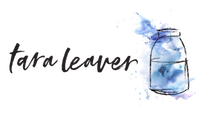

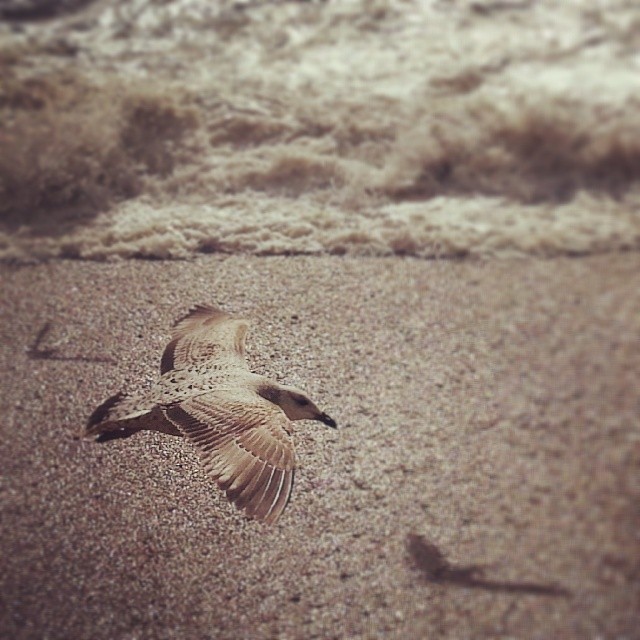

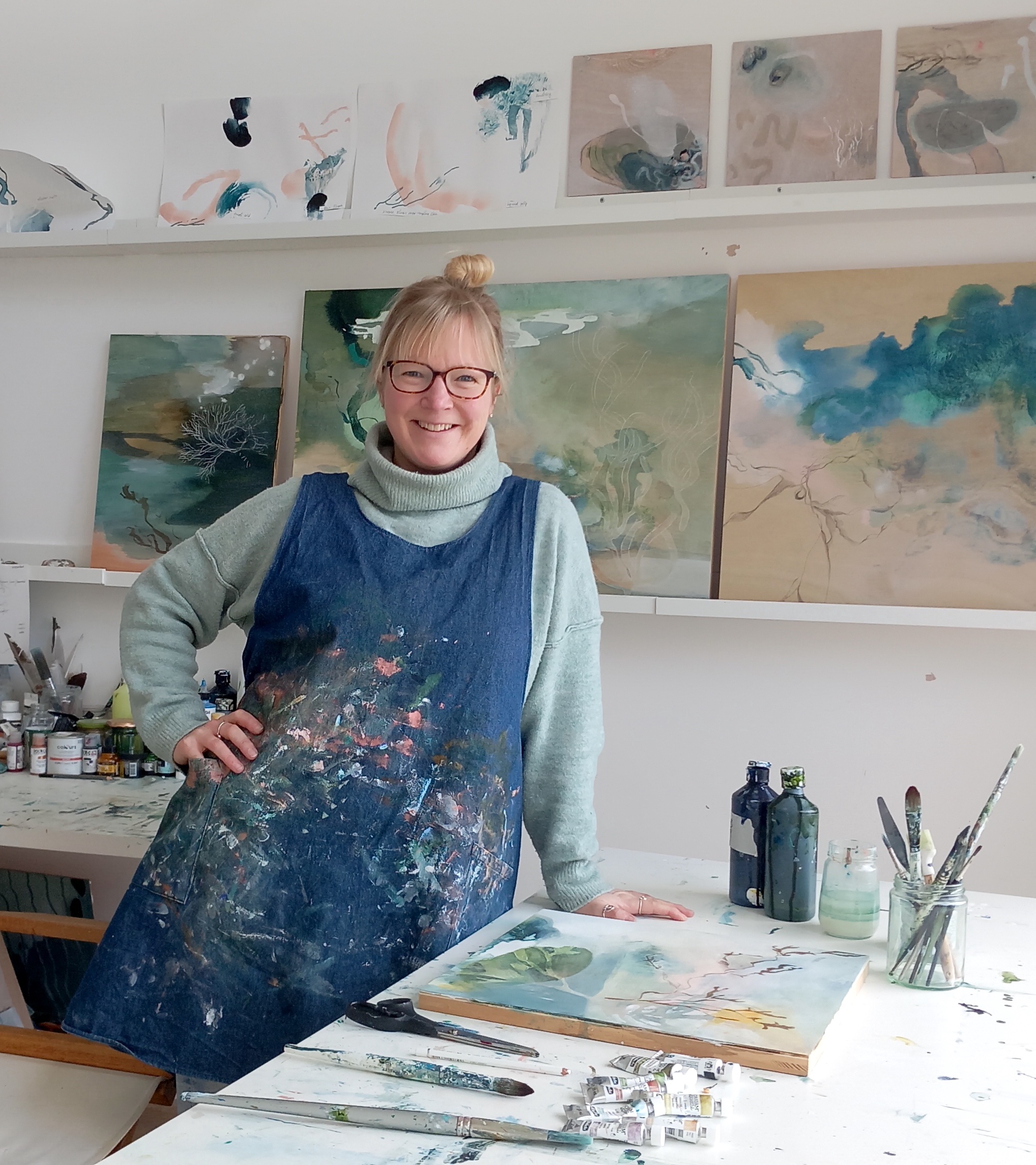
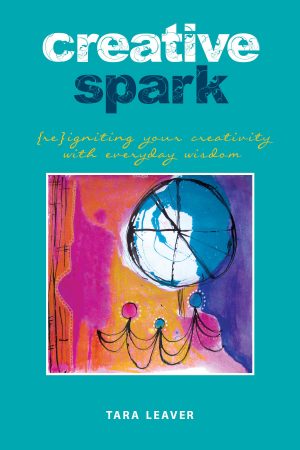
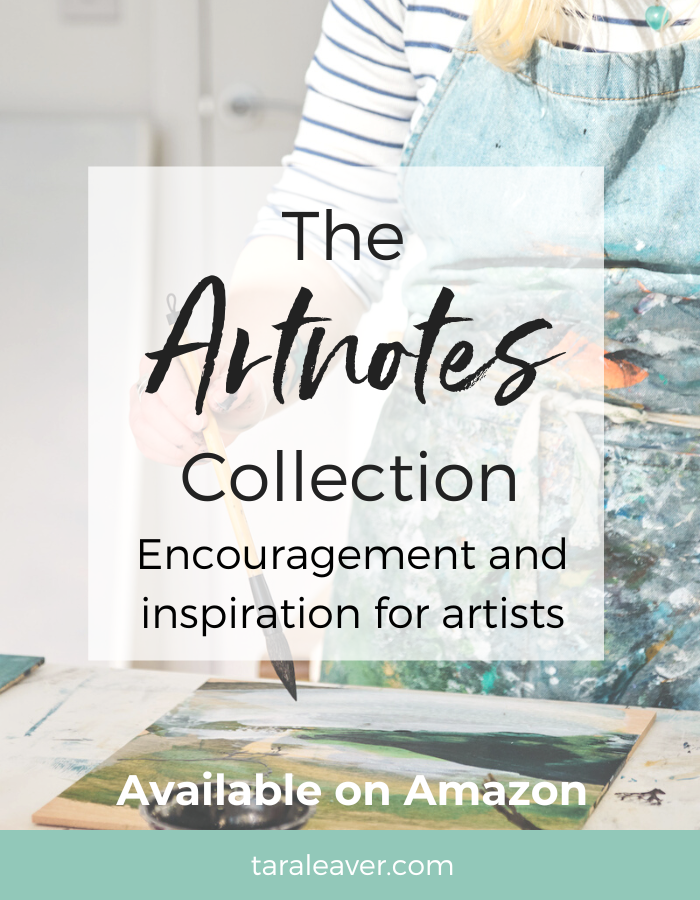
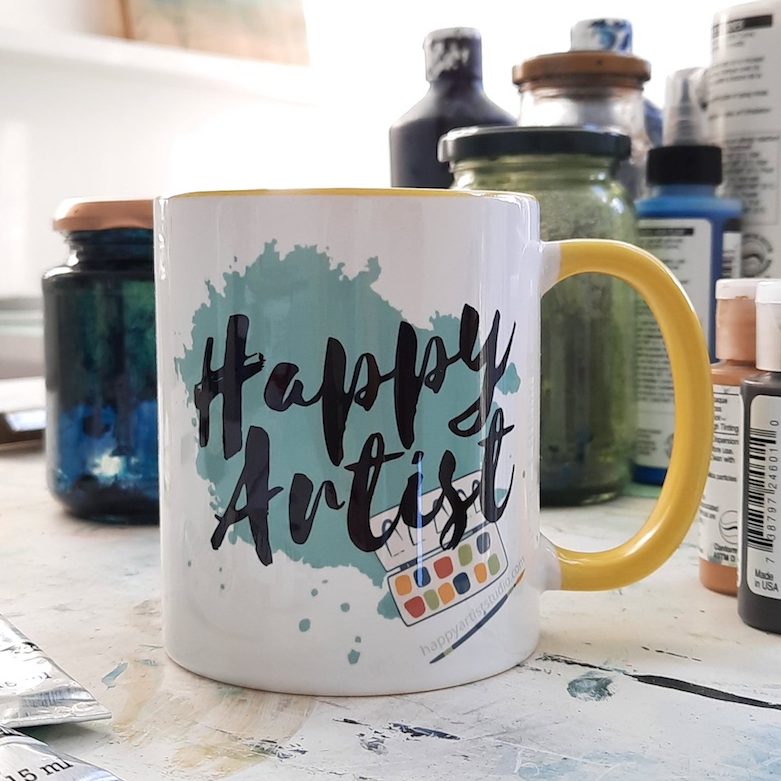
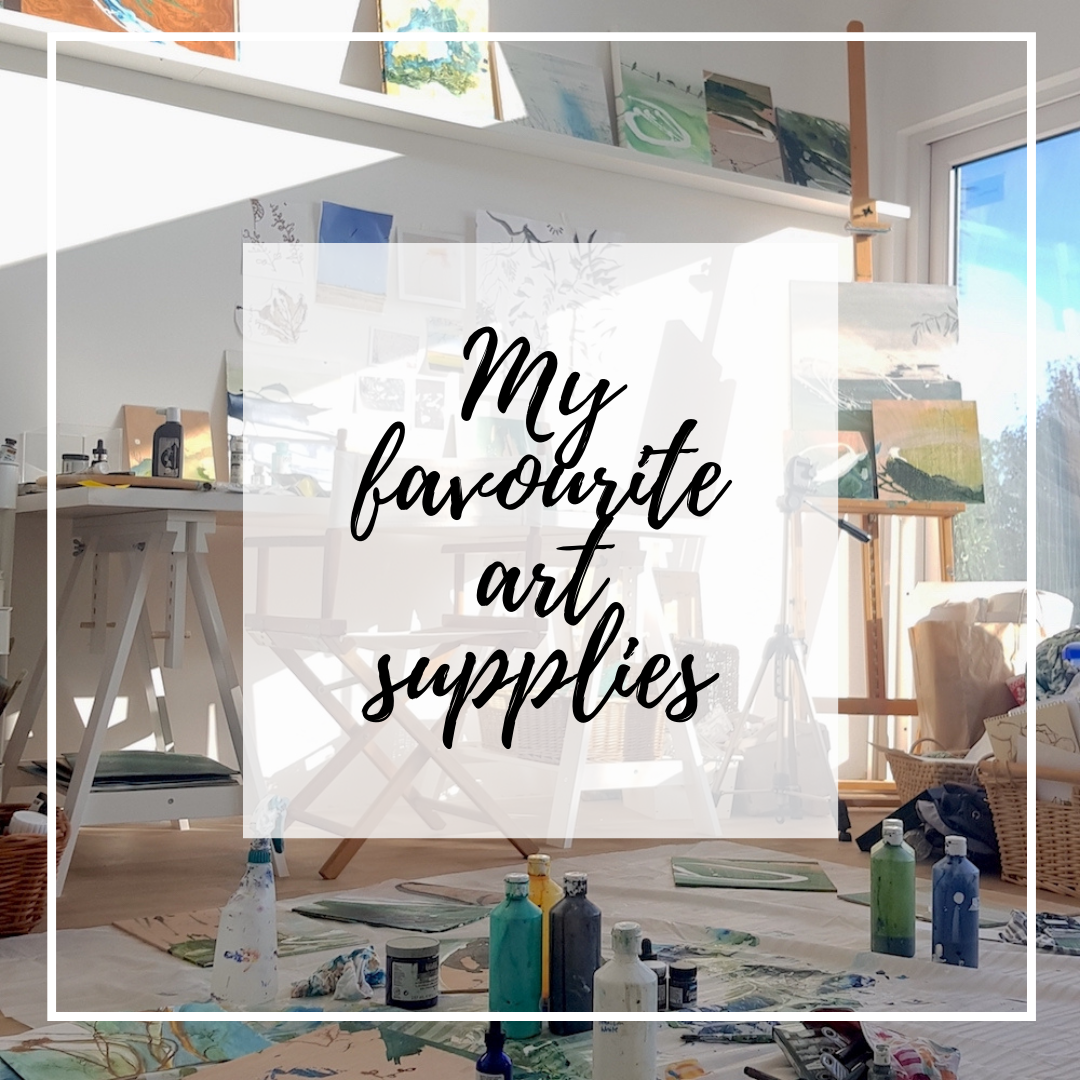
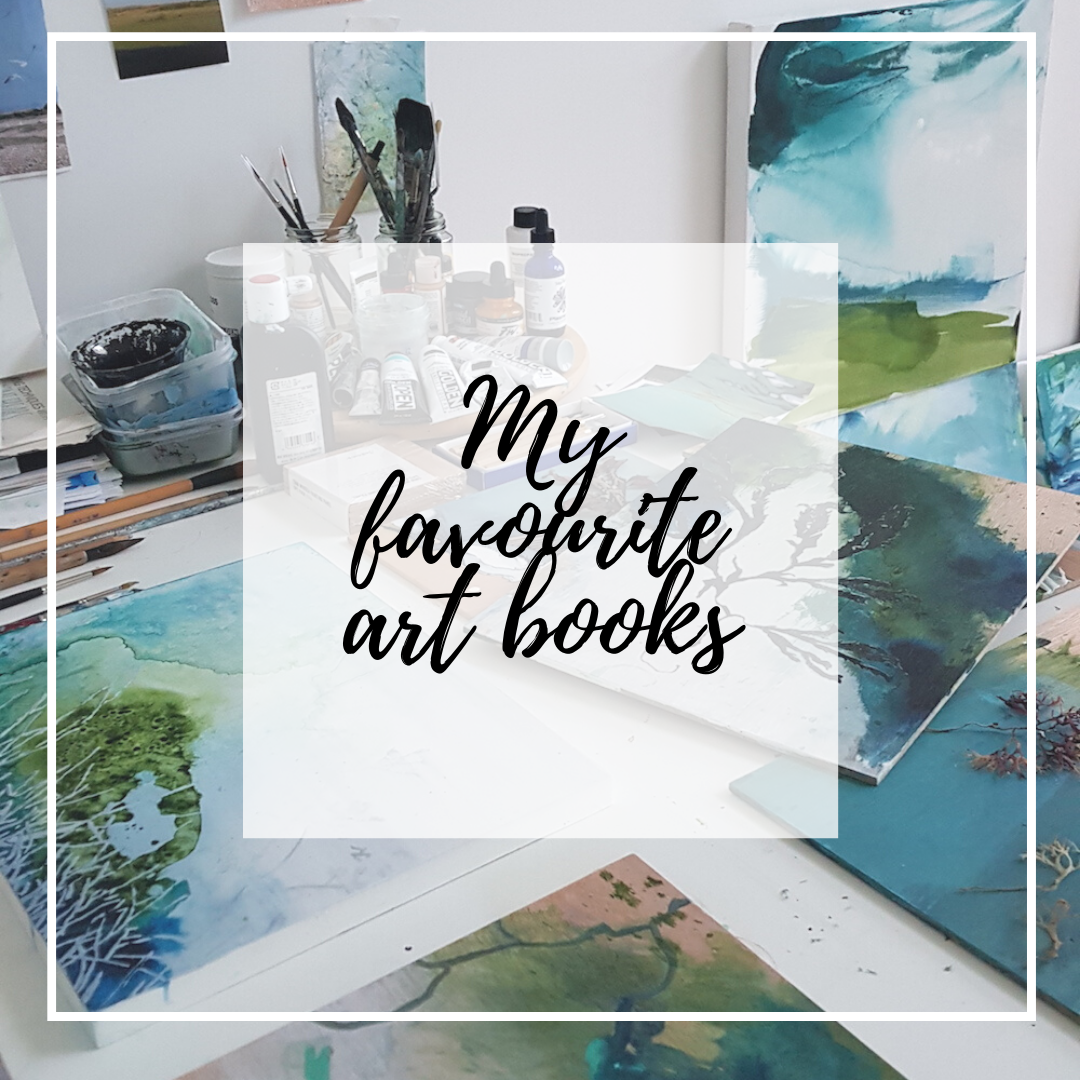
This is a fantastic, heartfelt and sensitive post Tara. We have very similar stories of (very likely subconscious) investment in not doing well, not thriving, etc. and have both made the discovery that we don’t want to be about that. I’m so happy you have this new, thriving life! I love your three things, and how you bring it all back to connection. Perfection.
Lisa thank you for taking the time to visit and leave your thoughts; I’m so glad you found something to identify with here, especially in the thriving part!
Wonderful, heartfelt, honest, inspiring, encouraging, wise, compassionate…these are but a few of the words that sprang to mind as I read your post. Thank you for
sharing!
Stacy thank you so much for stopping by and for your lovely compliments! I’m so glad you enjoyed the post.
@Tara, thank you for sharing your journey. Mine was similar, and I appreciate that you have simplified your systems for happiness into 3 compartments. I agree that connection, especially to self is fundamental to our well being. I am glad that you were able to evolve beyond your depression.
Hi Kathleen! Thank you for reading, and for taking the time to leave a response! It seems many of us have taken similar paths; it’s always good to hear that others have found ways to heal themselves too.
Tara, what an amazing and courageous post! It inspires those of us who continually strive and thrive through the bumps in the road that depression causes. I say bumps in the roads, because as someone who has suffered from it off and on for 30 years, it has only become bumps in my journey as opposed to a destination or state of being.
For me, it was a combination of art journaling, painting, amazing therapy and at times good drugs! That’s help me to get where I am today! Yes, I still have days where the shadows dwell, but there is always light with no abyss trying to claim me.
I think it’s so important to have artists shine light on depression, since it is not glamourous, or something you must suffer through for your art! The more you know, the better you are; and it’s helpful to know that you are not alone…so bravo to you and thanks for sharing your journey and your beautiful art.
Hello Indigene {what a lovely name!} ~ thank you for your kind words about my post. Depression is so much more common than we ever realise I think, not least because it often goes undiagnosed. I love that art helped and helps you be well! And I absolutely agree; the tortured artist story need not be the truth.